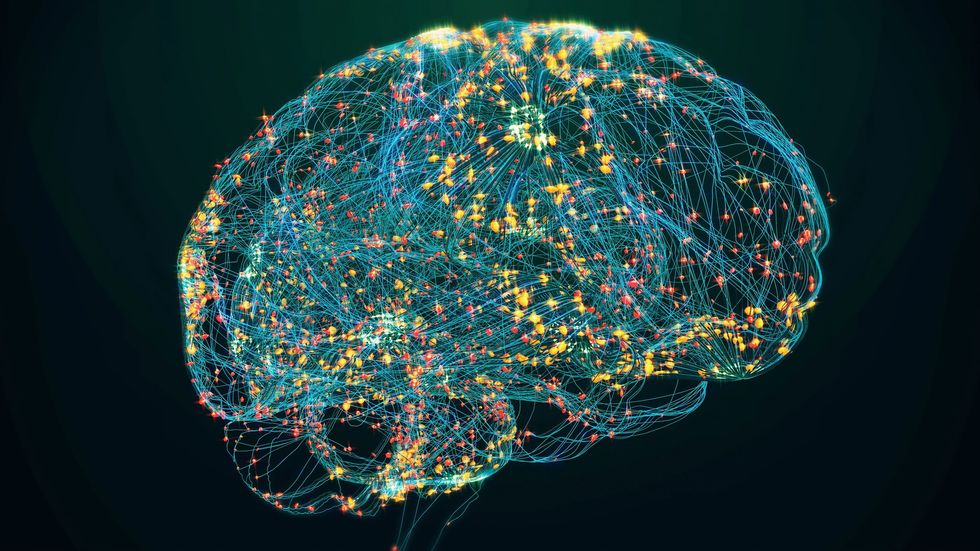Science & Tech
Ellie Abraham
Feb 25, 2025
Elon Musk unveils Grok 3 chatbot
Cheddar - Vertical / VideoElephant
Generative AI chatbots are showing the same cognitive decline as the human brain as they age, studies have shown.
Artificial intelligence (AI) is still a new and emerging area of technology, meaning not much is known about how it performs over time.
In an effort to understand how age affects AI, a team of data scientists and neurologists from Tel Aviv University undertook research and found generative chatbots like ChatGPT and Google Gemini show similar signs of cognitive impairment and degradation with age as human brains.
Roy Dayan and Benjamin Uliel, both neurologists, put several different chatbots through a series of cognitive tests that are typically used to assess humans for brain functions such as short-term memory, executive function and focused attention, and can test for cognitive conditions such as Parkinson’s disease and Alzheimer’s.
According to the researchers, they observed “cognitive decline that seems comparable to neurodegenerative processes in the human brain”.

For one of the tests – the 30-point Montréal Cognitive Assessment Test (MoCA) – chatbot GPT-4o scored the highest at 26 out of 30.
While it may not sound too bad, a score of 26 does indicate mild cognitive impairment, meaning that all of the chatbots tested showed signs of degradation.
Gemini 1, the first iteration of Google’s chatbot, scored 16 – a signal of severe cognitive impairment that in humans would be the equivalent of having dementia.
The researchers found that the signs of impairment mirrored the symptoms exhibited in dementia patients, with the worst bots performing poorly on severe cognitive impairment.
Some of the bots needed to be told how to solve the tests presented to them otherwise they were entirely unable to figure it out for themselves.
What is perhaps most troubling is that chatbots themselves aren’t particularly old. Gemini 1 is the “older” model and was only released in December 2023.
The results are yet another concerning element of AI, as experts fear we have crossed the “'red line” of it becoming too powerful.
Sign up for our free indy100 weekly newsletter
How to join the indy100's free WhatsApp channel
Have your say in our news democracy. Click the upvote icon at the top of the page to help raise this article through the indy100 rankings
Top 100
The Conversation (0)














